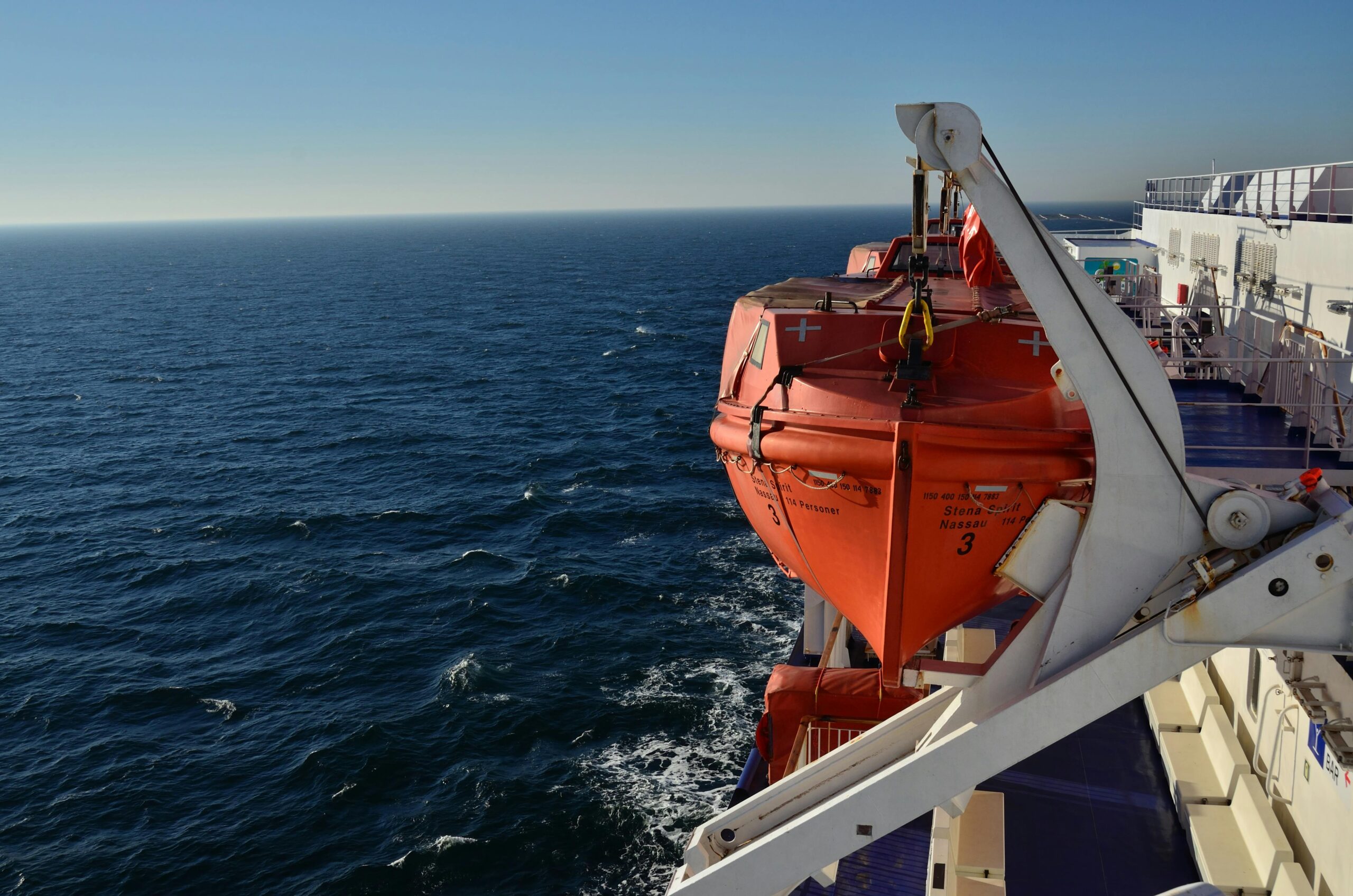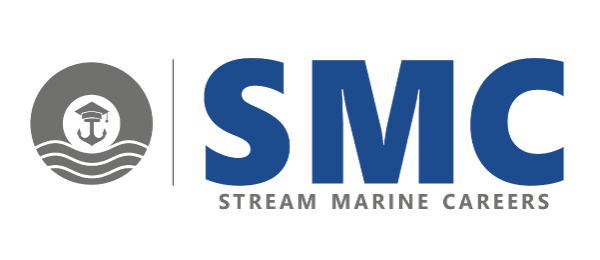Cadet Training
Maritime Training
Training for a career at sea unlocks a world of opportunities, and Stream Marine Careers is here to support you every step of the way. Throughout your Cadetship, you’ll experience a blend of practical and theoretical training, preparing you for the dynamic life of a Seafarer
Comprehensive Training Programs
In addition to your academic studies, you’ll complete essential short courses known as “STCWs.” These courses are crucial for obtaining your STCW certificates, which are required to go to sea. Many of these courses are completed during your first phase at college and often provide your first hands-on experience.
Hands-On Learning and Skill Development
The short courses are often the highlight of your initial college phase, giving you practical skills and experiences you might not have anticipated. As a seafarer, you’ll need to be versatile and adept at various skill sets.
Discover More About Your Training
Explore the boxes below for more information on the short courses you’ll complete during your training and start your journey towards becoming a Seafarer.
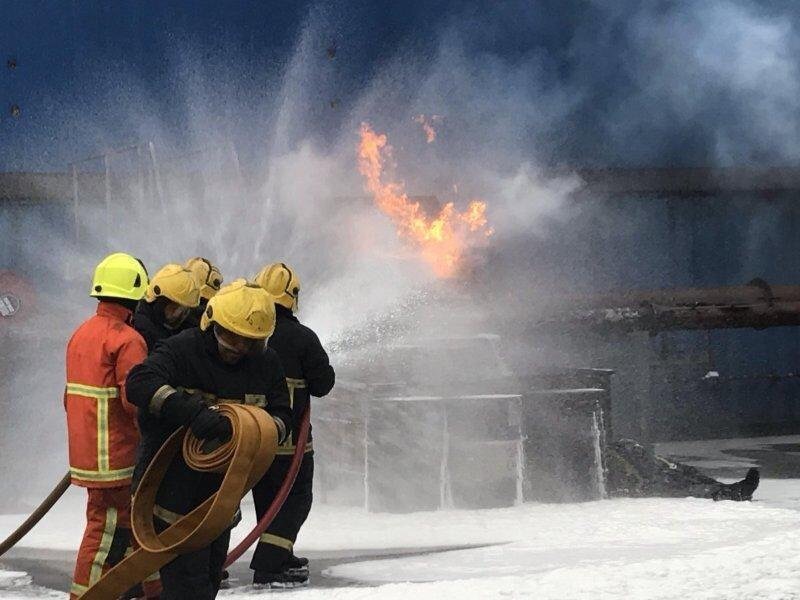
After my Cadetship
Career Progression
You don’t stop learning at the end of your Cadetship, much like passing your driving test you learn more when there is no one sat next to you. Your skill set will advance through out your career. A career in Maritime is about life long learning.
Once you have completed the required sea time you will be able to work towards the next rank and this may include returning to college to get further academic qualifications this could be right up to degree level and beyond.
Where your career goes is completely up to you, you may choose to specialise in a certain sector of the industry or you choose to get broad experience across many vessel types its completely up to you.
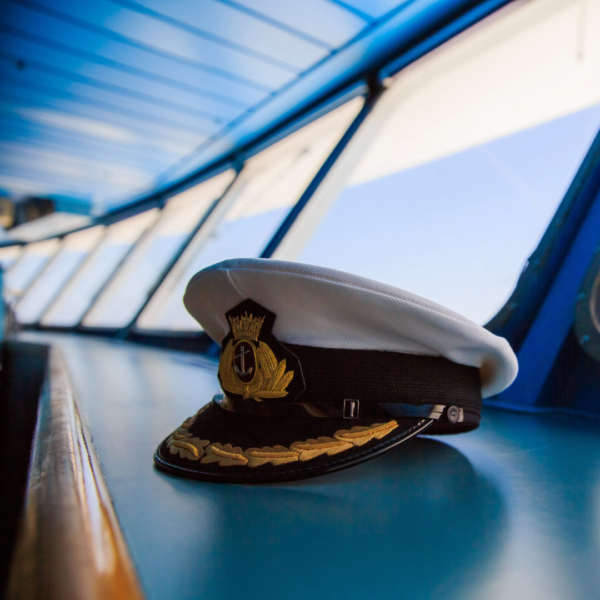
FUTURE OPPPORTUNITIES AT SEA AND BEYOND
Visit the Careers at Sea and Beyond website for more information about opportunities for newly qualified officers and other career routes both at sea and ashore.
Plan my Future